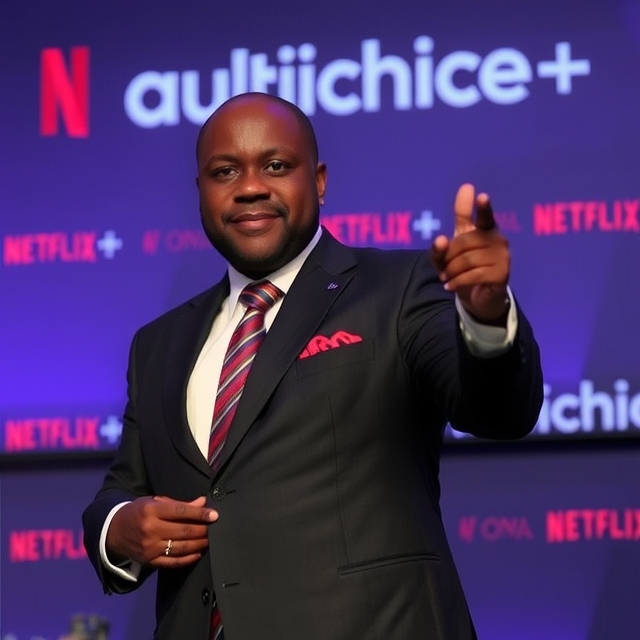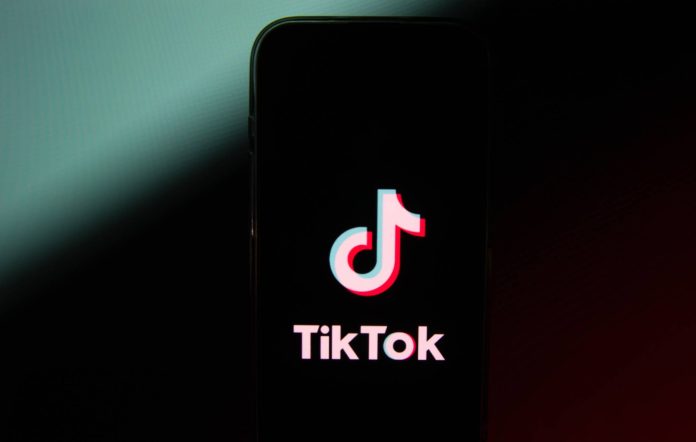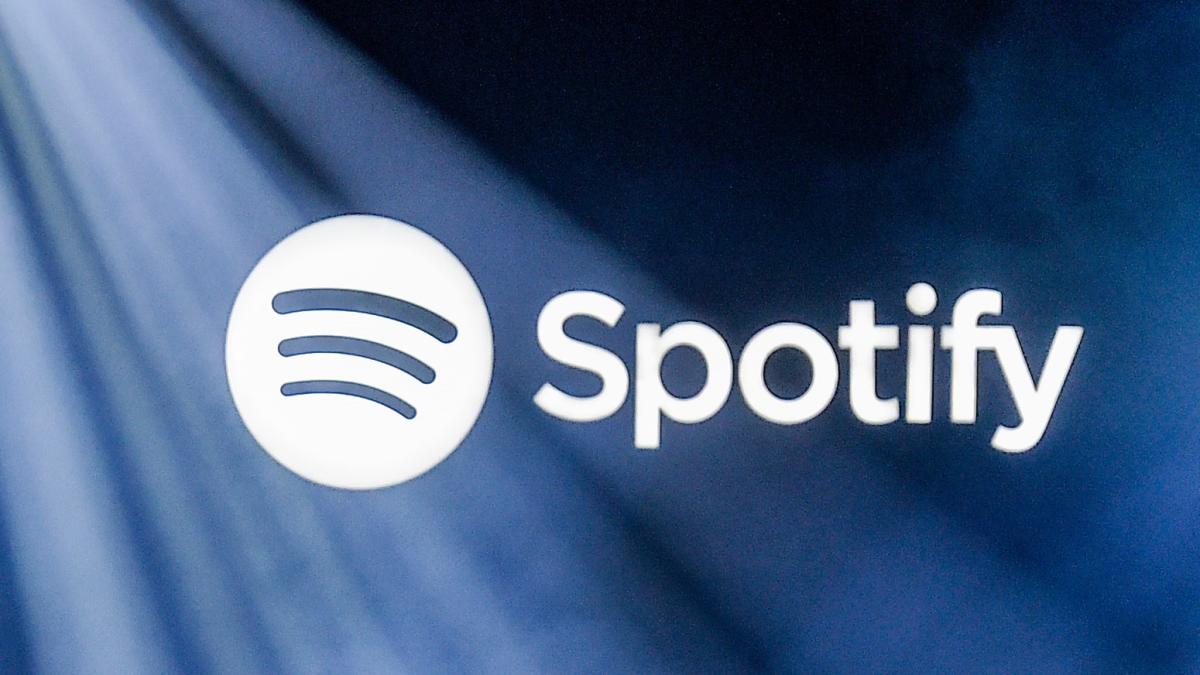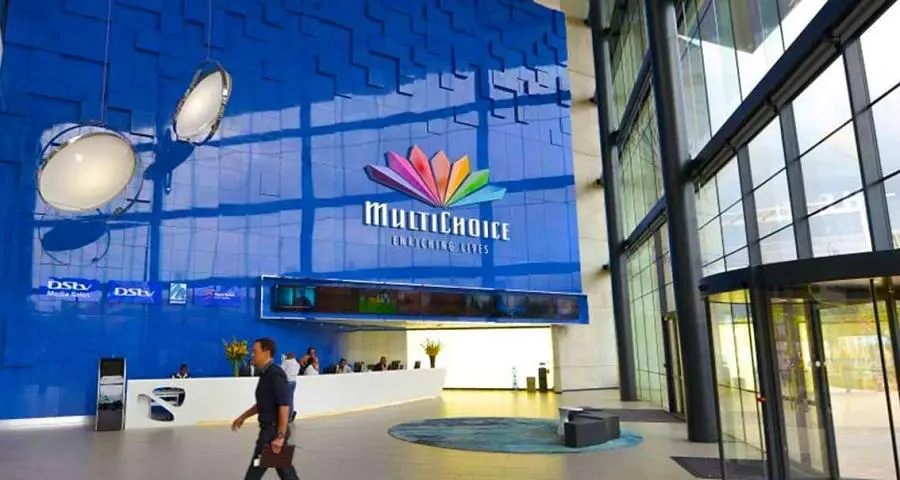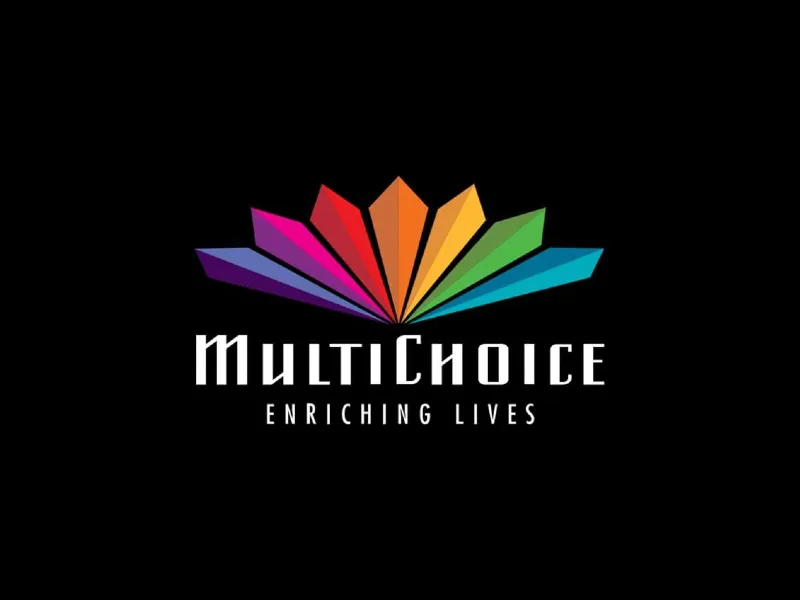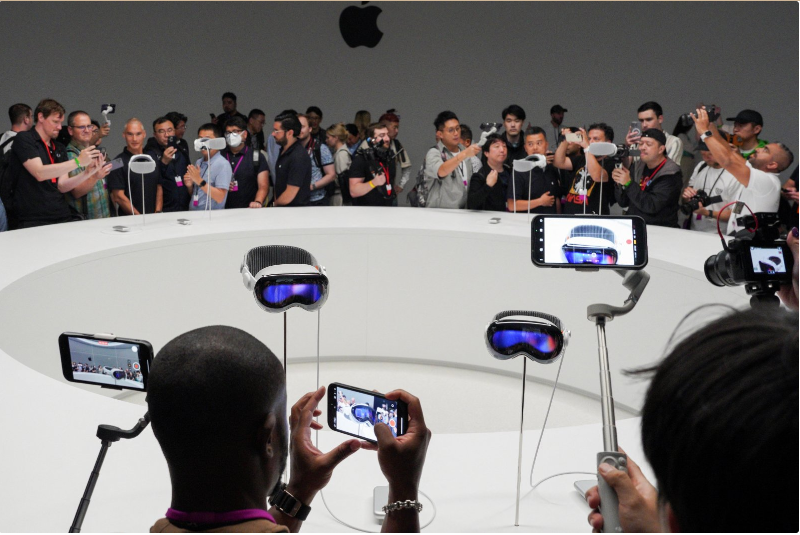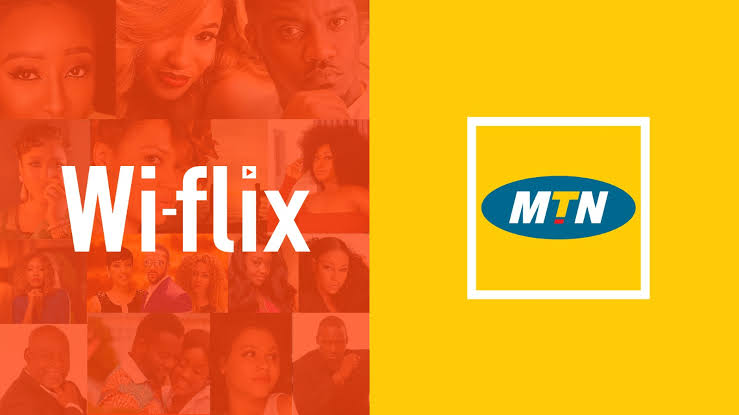As MultiChoice Group works to finalise a R55-billion ($3 billion) agreement with Vivendi’s Canal+, CEO Calvo Mawela is confident the agreement will position the African entertainment giant to better compete with global streaming platforms like Netflix in the African market. The deal, which is still under regulatory review, aims to boost MultiChoice’s revenue and content offering, positioning the company as a more formidable player in the streaming space.
Given that Canal+ is still a dominant force in French-speaking markets and MultiChoice already controls English-speaking markets in Africa, Mawela highlighted the “scale” that will result from the merger.
“Scale matters in this industry, then you are able to negotiate better rates for content and you are able to generate more revenues, especially with one party operating in French-speaking Africa and one in the English speaking part of Africa” he noted.
Read also: MultiChoice subscribers drop by 243,000 due to high inflation
Regulatory approval and market impact
The deal was finalised in June, and MultiChoice and Canal+ have filed their merger application with the Independent Communications Authority of South Africa (ICASA) and the Competition Commission for approval. Although regulatory approval is still pending, Mawela expressed confidence that the deal would pass. He emphasised that the merger is aligned with the broader goal of improving the African entertainment landscape.
“A combination gives us a better chance to compete against global giants,” Mawela said in a recent interview.
The deal is viewed as a strategic move to strengthen MultiChoice’s position against Netflix and other streaming services that have made significant inroads into the African market. Mawela believes the combined entity will be better equipped to provide local content that resonates with African audiences while also increasing investment in high-demand areas such as sports programming.
Financial struggles and subscriber losses
The merger comes at a critical time for MultiChoice, which has been grappling with financial challenges. The company recently reported a loss of 243,000 subscribers and declining profits. Mawela acknowledged the company’s financial difficulties but stressed that the Canal+ deal could help reverse the trend by providing more compelling content and greater market reach.
The French broadcaster has continued to gradually increase its ownership stake in MultiChoice. While regulatory hurdles related to South Africa’s local ownership laws continue to be a challenge, Mawela is optimistic about the long-term benefits of the partnership.
“We put something together that should be acceptable for the regulators, and engagements are ongoing. We believe it’s a good story for Africa,” the CEO said.
Read also: 12 Million Capitec users in SA to enjoy 50% off Showmax subscription
Ambitious growth plans for Showmax
Looking ahead, MultiChoice is targeting significant growth for its Showmax streaming service, aiming to generate $1 billion in revenue over the next five years. The Canal+ deal will play a central role in this strategy, enabling MultiChoice to expand its content offerings and attract more subscribers.
Africa is a desirable market for streamers due to its youthful and rapidly expanding population, but the continent also has issues with inconsistent internet connection, poor salaries, and volatile currencies. Canal+ and MultiChoice would form a conglomerate with about 50 million members and the financial capacity to invest more in sports and local programming.
